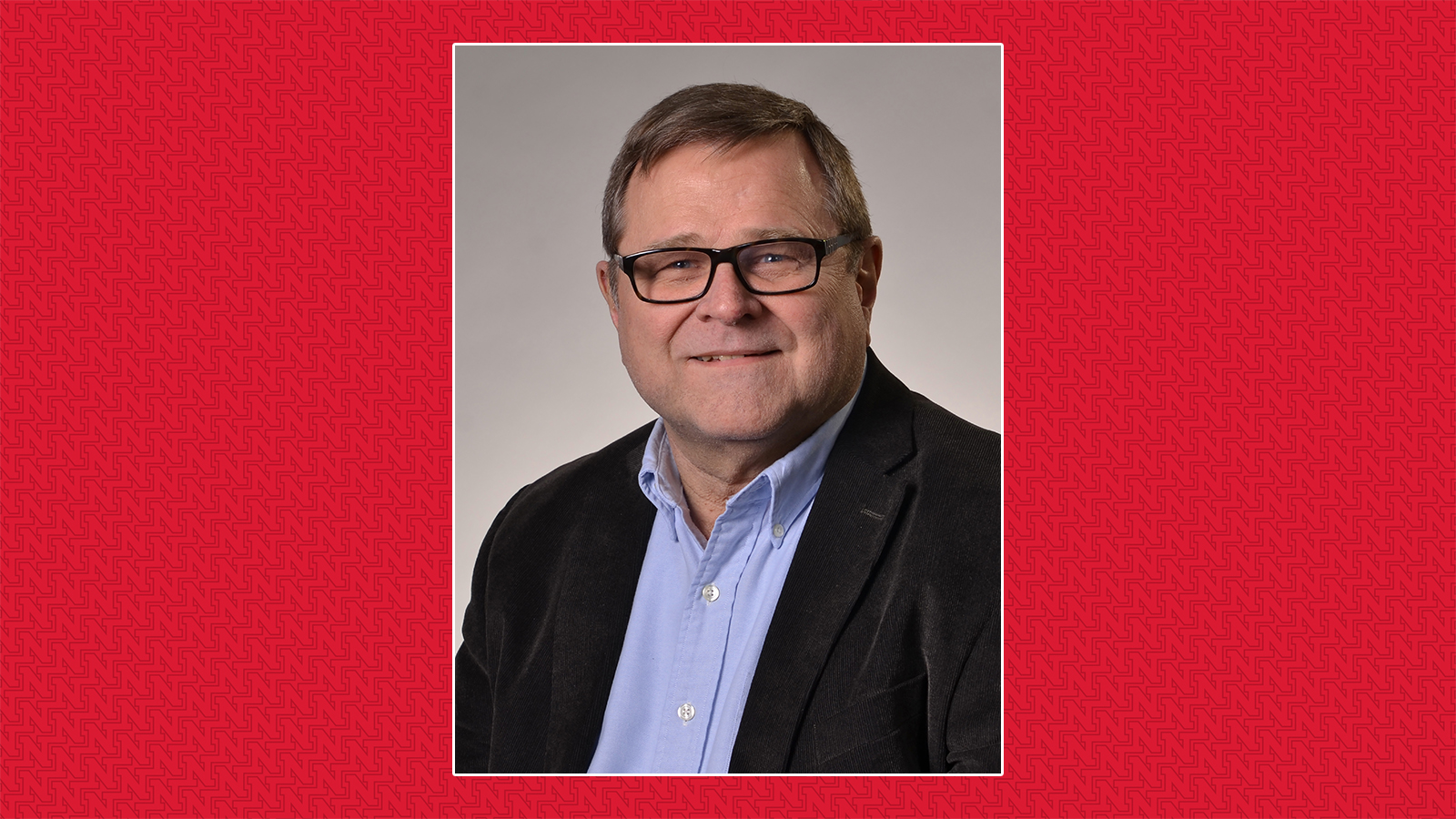
Reece Peterson set to retire after 39 years at SECD
06 Apr 2017 By Kelcey Buck
A lot has changed in the University of Nebraska-Lincoln’s Department of Special Education and Communication Disorders since 1978, but there has also been one constant during that time –Reece Peterson. A professor in the special education program, Peterson will walk out of the Barkley Memorial Center May 15 and into a new chapter – retirement – ending his 39-year career at the university.
The department will host a farewell reception to celebrate Peterson’s retirement from 3:30-5:30 p.m. Friday, April 28, at the Nebraska East Union. A short program is scheduled to begin at 4 p.m.
When Peterson joined the faculty at Nebraska, he had spent one year as a grant-funded assistant professor at Drake University. Although he hoped to receive a permanent faculty position at Nebraska, he didn’t expect it to be the last stop of his career.
“I was on a grant for the first year, but after that it was changed over to a regular faculty line,” Peterson said. “I had hoped this would be a more permanent spot, but I had no clue that I would spend this much time in one place.”
Peterson offered a simple explanation for why he stayed at Nebraska all those years: getting to do work he enjoyed.
“Kids with emotional and behavior problems were my main focus, plus the law and policy side of special education. Those were things I was allowed to continue to work on, and did. I was never totally a researcher, never totally a teacher trainer, but really kind of a mix. When I was hired, special education was still fairly new, so it was a matter of trying to work with the state department of education and local districts to set up policies and procedures, as well as training and in-service options. It was a mix of things I enjoyed.”
Another reason Peterson spent the remainder of his career at Nebraska was his involvement in the Midwest Symposium for Leadership in Behavior Disorders, an organization formed in 1982 that holds annual conferences for professionals who focus on working with children and youth with emotional and behavioral disorders. Peterson has been an instrumental member of the organization throughout his career, including serving as chair and co-founder from 1982-91.
“It has been a great network of colleagues,” Peterson said. “We enjoyed getting together and planning these conferences, and getting to know people all over the country. It was a support network that you didn’t want to give up or move away from.”
Over the last several years, Peterson has directed the Student Engagement Project, a state-funded project to assist schools with diminishing the use of exclusionary discipline and reducing school dropout.
“That’s been a really fun thing for me to do in a couple respects – one is these young people who have been working for me are just great, and secondly, getting familiar with this wide range of topics has permitted me to learn a ton. I hope it’s been great for those students to learn some of these things, too.”
Another highlight of his career was also one of his most nerve-racking experiences, and it occurred because of his extensive work in crisis intervention training as it related to restraint and seclusion in schools.
“In 2009, I was asked to go to Washington, D.C., to testify at the U.S. House of Representatives committee regarding the bill they were working on. That was definitely a highlight, but totally scary. I’ve never been so nervous. Sitting on this panel and testifying was really rugged, but obviously, that was a big highlight as well.”
Over the course of his 39 years at Nebraska, Peterson has been through several changes – two additions and renovations to the Barkley Memorial Center, typing manuscripts on typewriters to using computers to edit documents, and increased use of email are a few. He knows, though, that retirement will bring even more change.
“It’s just going to be different, not having the office. I’m usually here before 8 a.m., and often don’t leave until after 6 p.m. I spend a lot of time in the Barkley Center, and that’s going to be different. I certainly am going to miss these current students who are working for me, and I’ll miss the students in classes.”
Special Education and Communication Disorders
College of Education and Human Sciences